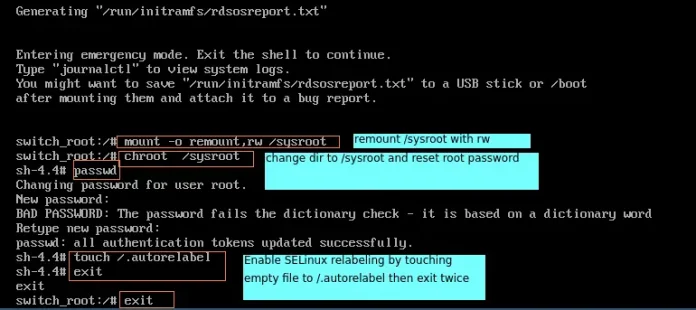Given an unsorted array and a number n, find if there exists a pair of elements in the array whose difference is n.
Examples:
Input: arr[] = {5, 20, 3, 2, 50, 80}, n = 78
Output: Pair Found: (2, 80)
Input: arr[] = {90, 70, 20, 80, 50}, n = 45
Output: No Such Pair
The simplest method is to run two loops, the outer loop picks the first element (smaller element) and the inner loop looks for the element picked by outer loop plus n. Time complexity of this method is O(n^2).
We can use sorting and Binary Search to improve time complexity to O(nLogn). The first step is to sort the array in ascending order. Once the array is sorted, traverse the array from left to right, and for each element arr[i], binary search for arr[i] + n in arr[i+1..n-1]. If the element is found, return the pair.
Both first and second steps take O(nLogn). So overall complexity is O(nLogn).
The second step of the above algorithm can be improved to O(n). The first step remain same. The idea for second step is take two index variables i and j, initialize them as 0 and 1 respectively. Now run a linear loop. If arr[j] – arr[i] is smaller than n, we need to look for greater arr[j], so increment j. If arr[j] – arr[i] is greater than n, we need to look for greater arr[i], so increment i. Thanks to Aashish Barnwal for suggesting this approach.
The following code is only for the second step of the algorithm, it assumes that the array is already sorted.
C++
// C++ program to find a pair with the given difference #include <bits/stdc++.h>using namespace std;// The function assumes that the array is sorted bool findPair(int arr[], int size, int n) { // Initialize positions of two elements int i = 0; int j = 1; // Search for a pair while (i < size && j < size) { if (i != j && arr[j] - arr[i] == n) { cout << "Pair Found: (" << arr[i] << ", " << arr[j] << ")"; return true; } else if (arr[j]-arr[i] < n) j++; else i++; } cout << "No such pair"; return false; } // Driver program to test above function int main() { int arr[] = {1, 8, 30, 40, 100}; int size = sizeof(arr)/sizeof(arr[0]); int n = 60; findPair(arr, size, n); return 0; } // This is code is contributed by rathbhupendra |
Pair Found: (40, 100)
Time Complexity: O(n*log(n)) [Sorting is still required as first step], Where n is number of element in given array.
Efficient Approach: Hashing can also be used to solve this problem. We first create an empty hash table HT. We then traverse in the array and use array elements as hash keys and enter them in HT. While traversing, if the given difference is 0 then we will check if any element is occurring more than one time or not. If n!=0, then we again Traverse the array and look for the value n + arr[i] in HT(hash table) as the difference between n+arr[i] and arr[i] is n.
Below is the code for the above approach.
C++
// C++ program to find a pair with the given difference#include <bits/stdc++.h>using namespace std;// The function assumes that the array is sortedbool findPair(int arr[], int size, int n){ // Using unordered_map for hashing unordered_map<int, int> mp; for (int i = 0; i < size; i++) { // Using array elements as hash keys // and entering them in Hash table. mp[arr[i]]++; // For n==0, checking if one element // is occurring more than 1 times if (n==0 && mp[arr[i]] > 1) return true; } // Check if the difference is // still 0 with no element // occurring more than 1 times if (n==0) return false; for (int i = 0; i <= size-1; i++) { // Checking if arr[i]+n is present or not if (mp[arr[i]+n]) { cout << "Pair Found: "<< "(" << arr[i] << ", "<< n + arr[i] << ")"; return true; } } cout << "No such pair"; return false; }// Driver program to test above functionint main(){ int arr[] = { 1, 8, 30, 40, 100 }; int size = sizeof(arr) / sizeof(arr[0]); int n = 60; findPair(arr, size, n); return 0;}// This code is contributed by Pushpesh Raj. |
Pair Found: (40, 100)
Time Complexity: O(n)
Auxiliary Space: O(n)
Please refer complete article on Find a pair with the given difference for more details!
Ready to dive in? Explore our Free Demo Content and join our DSA course, trusted by over 100,000 neveropen!




